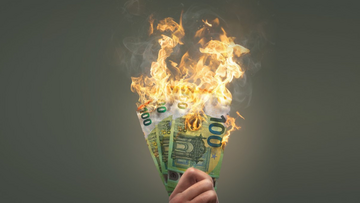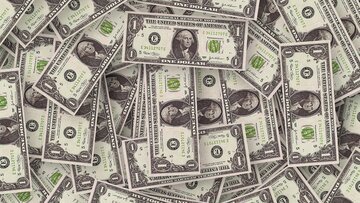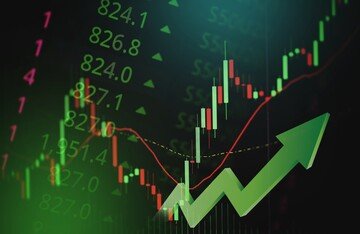There is a period of economic crisis when external or internal factors (or a mix of both) lead to a substantial contraction of growth of a state, and therefore of GDP.
The economic crisis underlies the transition, abrupt or regular, from a condition of growth to one of recession. There are several factors that recall the prelude to an economic crisis: the most obvious are the rise in unemployment, the fall in prices, wages and, of course, profits.
Economic crises have accompanied capitalist development from the very beginning. Marxist historians view the capacity of capitalism to produce economic crises as an intrinsic value of capitalism itself.
During the twentieth, with the exception of the world wars (which represented the state of crisis par excellence) there were several economic crises: among the most bloody (and global) it is possible to recall the crisis of ’29 and that of 2008 , which quickly turned from a financial crisis to a pure economic crisis. Both, it must be said, are born in the USA, although the structure of the international financial system has ended up extending the crisis, as if by osmosis, to four corners of the globe.











